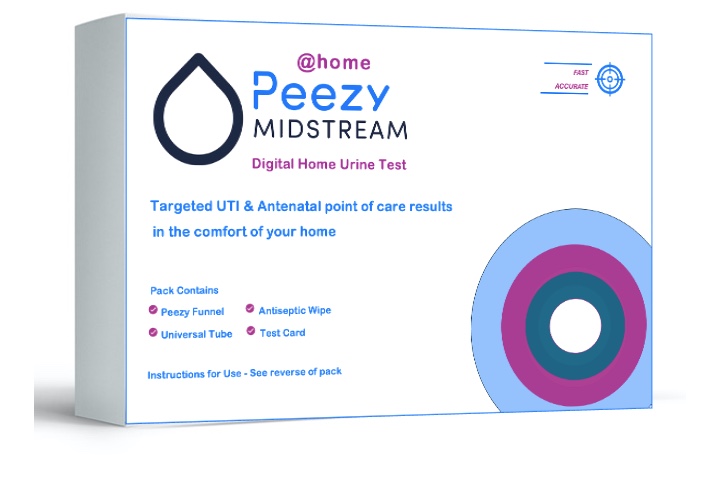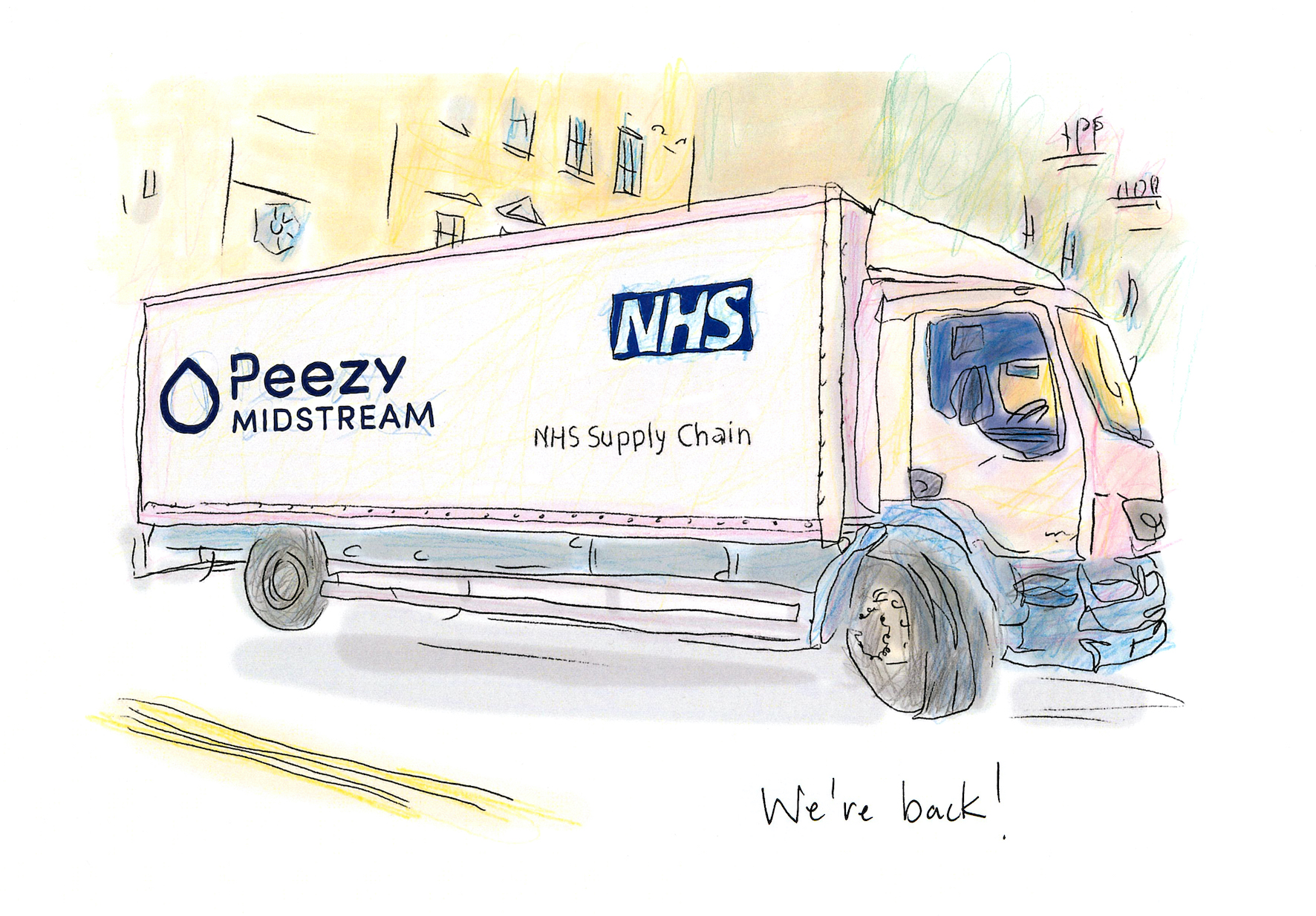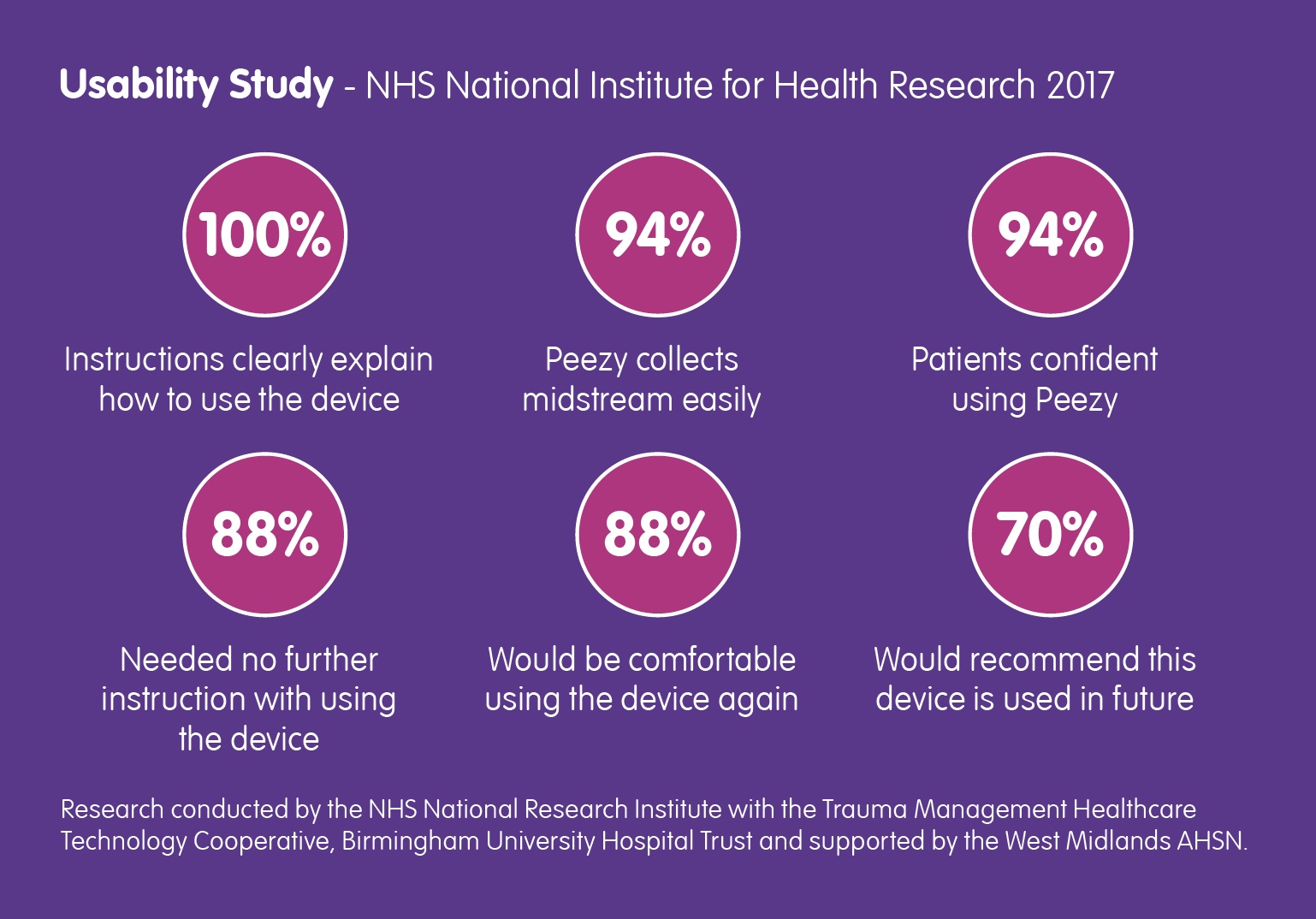Clinical evidence: Peezy Midstream works for @home and remote UTI testing




A rise in persistent UTIs… Read More

Its time to reignite our NHS! Now our beloved health system has been blessed with new funding, we can furnish every hospital and GP practice… Read More

The benefits of working with the NIHR are clearly demonstrated through past posts and this is the latest to come out of Forte Medical NIHR… Read More

We are delighted to announce the appointment of consultant midwife and lifelong campaigner for positive childbirth, Sheena Byrom OBE to our Advisory Panel. Sheena Byrom… Read More

Back in March of this year, the NHS National Institute for Health Research contacted Forte Medical, asking for a case study… Read More

Barry Shrier, Founder of annual health innovation event Giant Live, presents the third Disruptor Giant Health Innovators TV interview featuring Giovanna Forte, CEO of Forte… Read More

How easy is Peezy? Very! Click here to see our new animation showing five simple steps that deliver right-first-time urine specimen collection. Any clinician… Read More